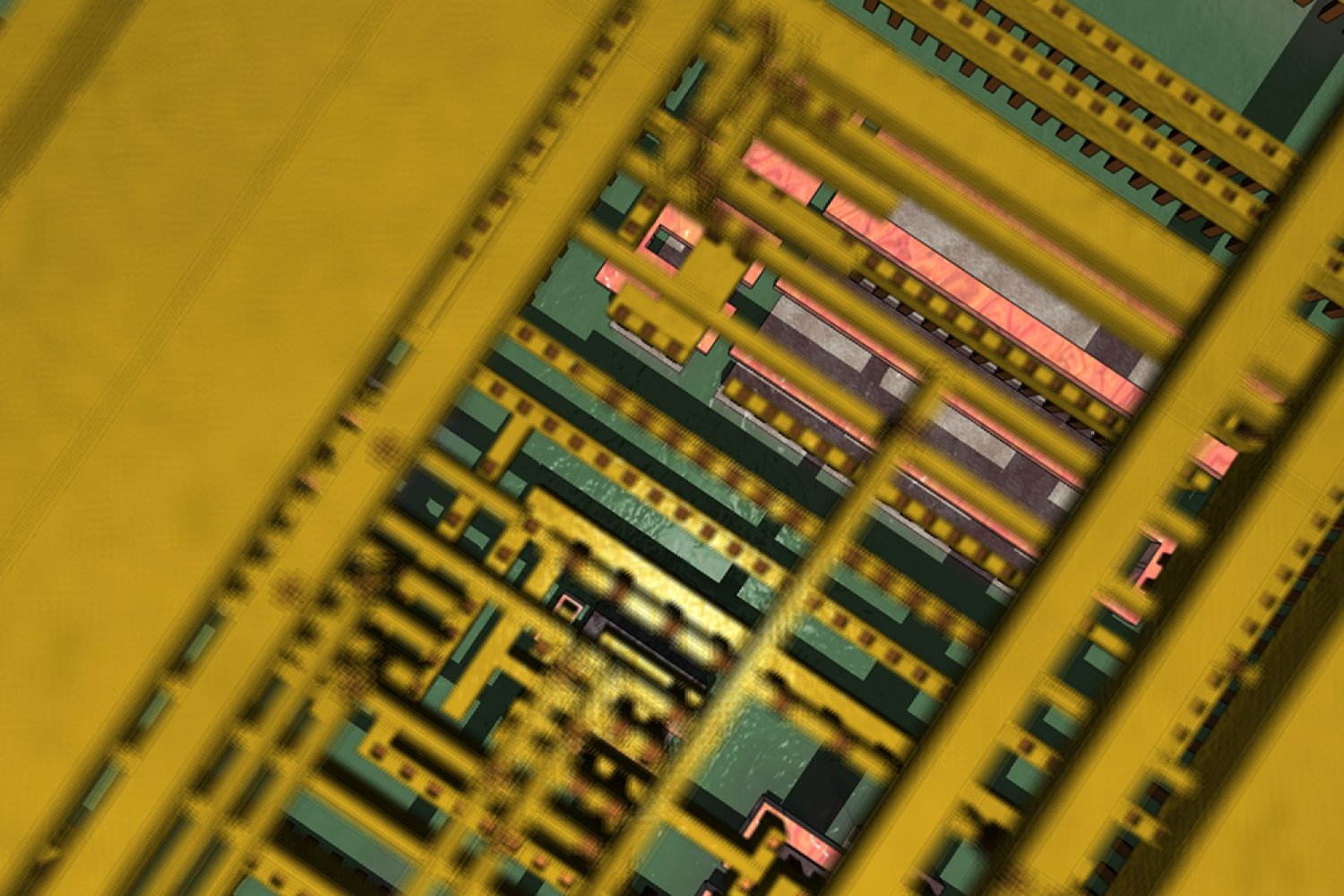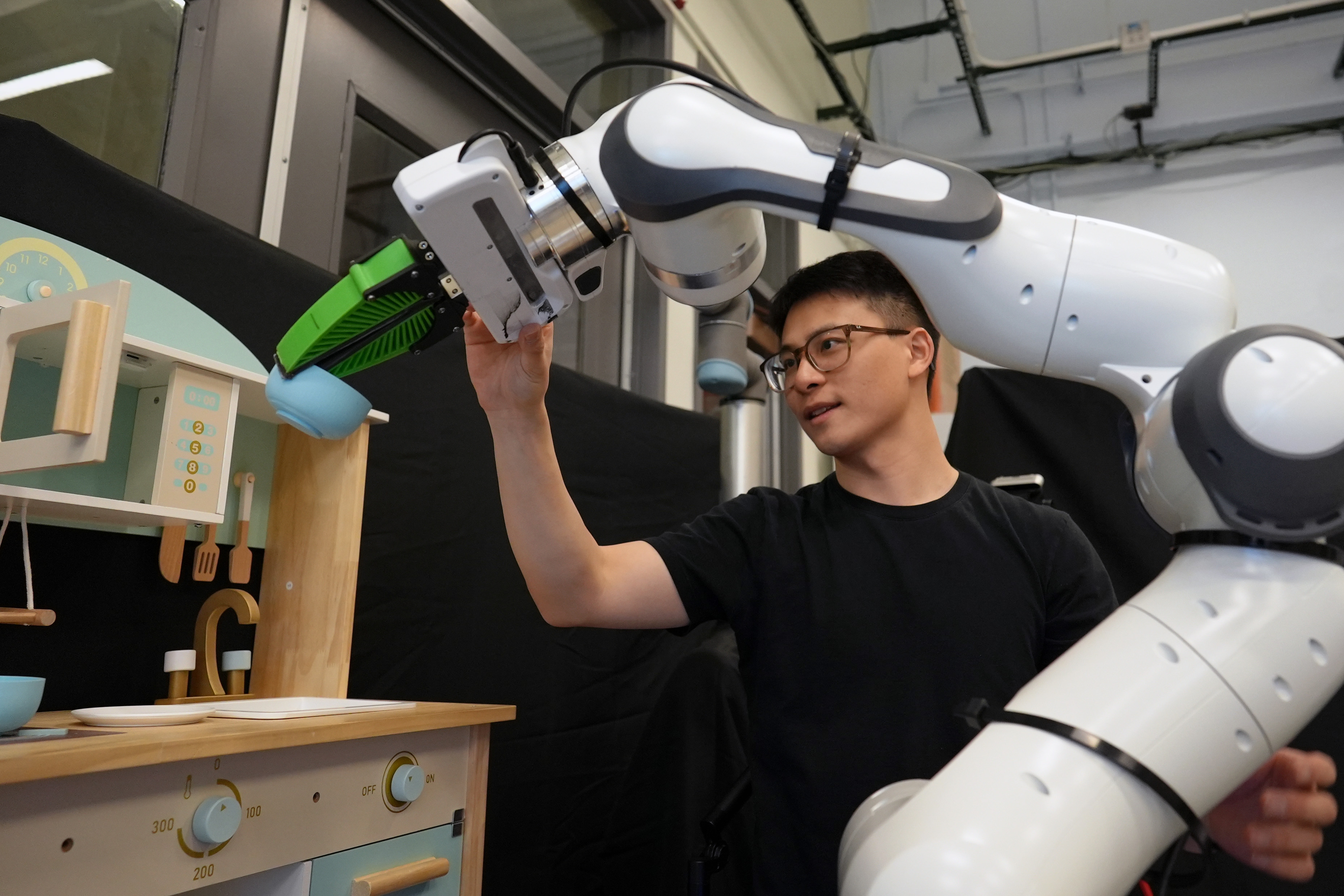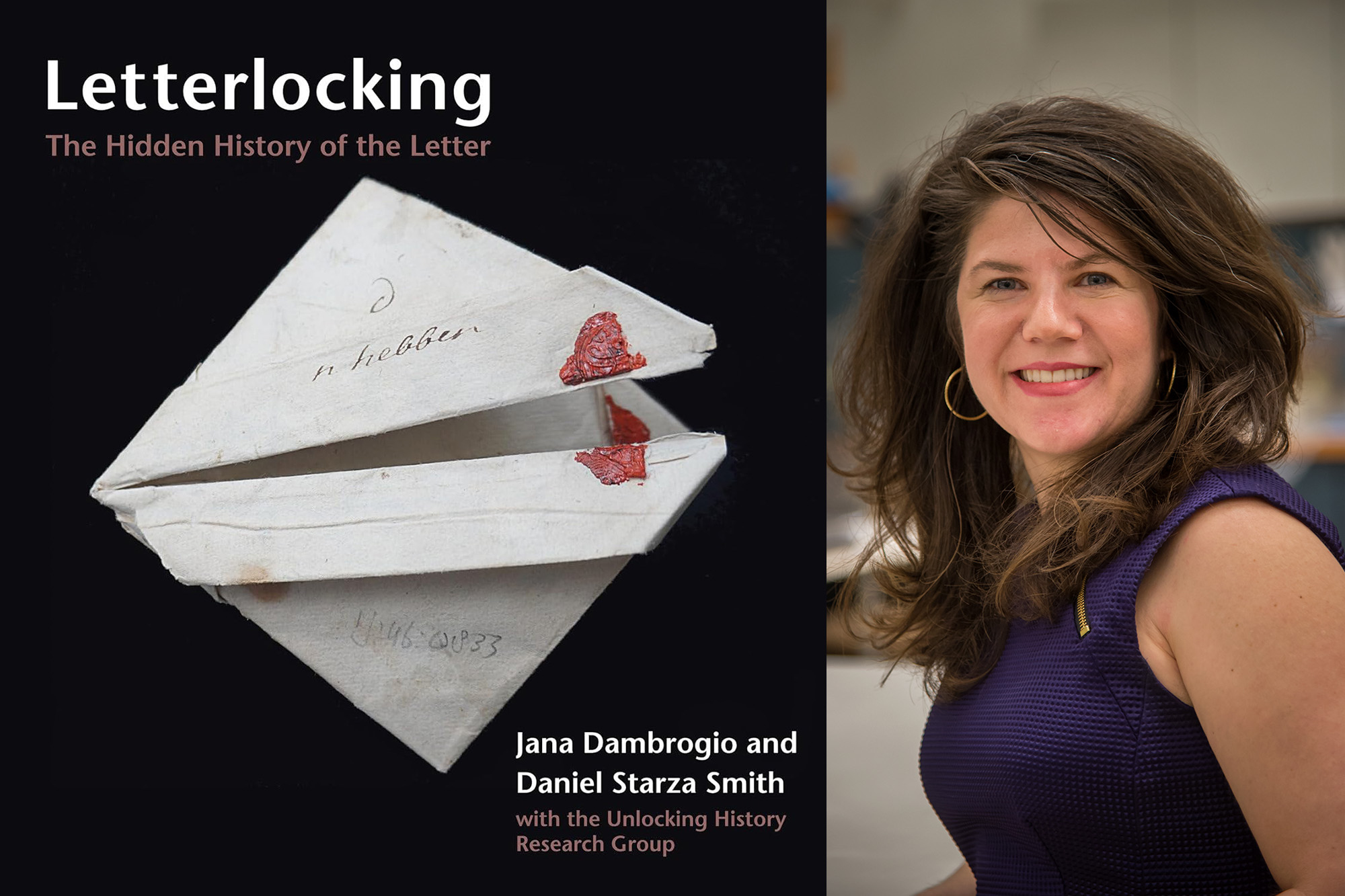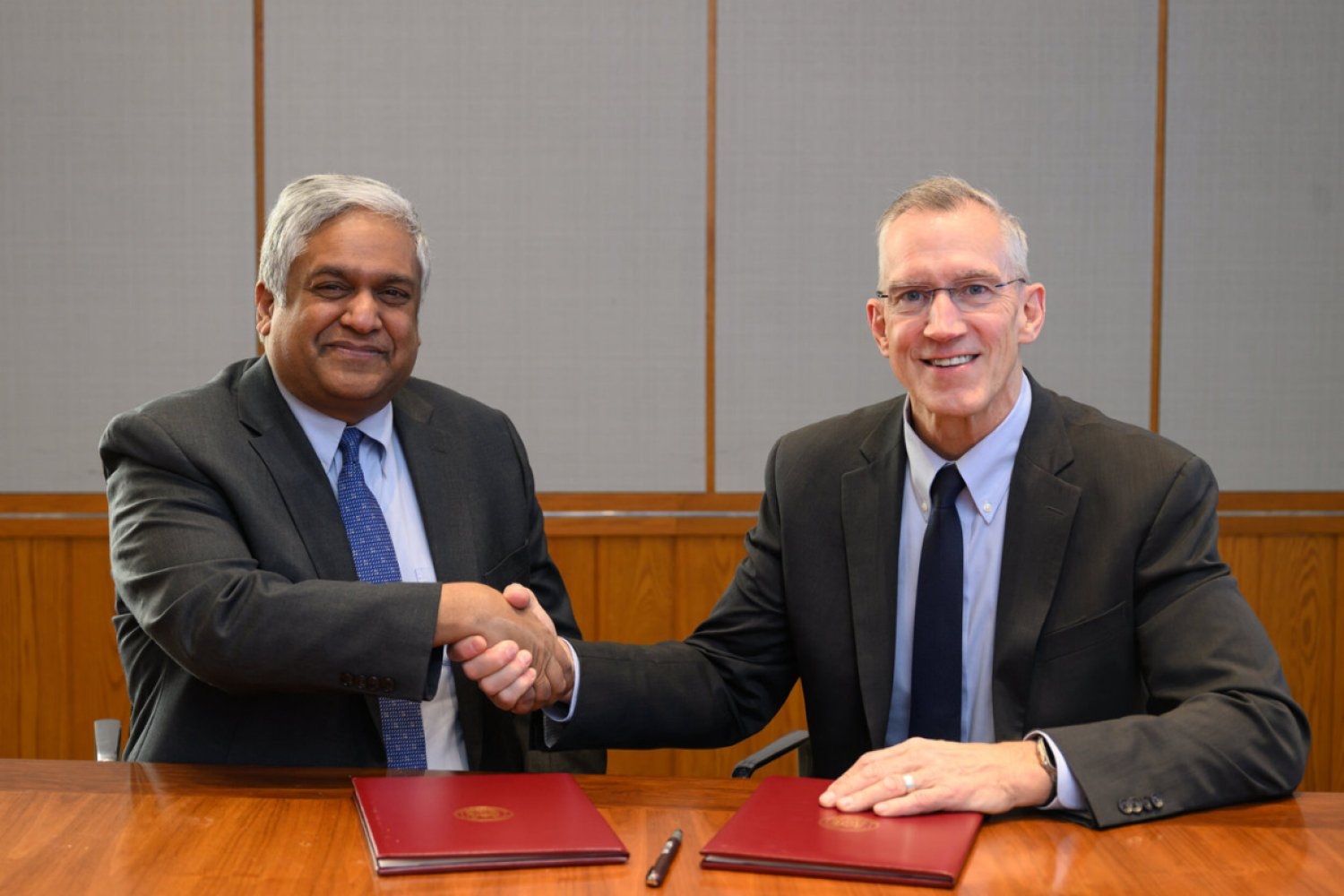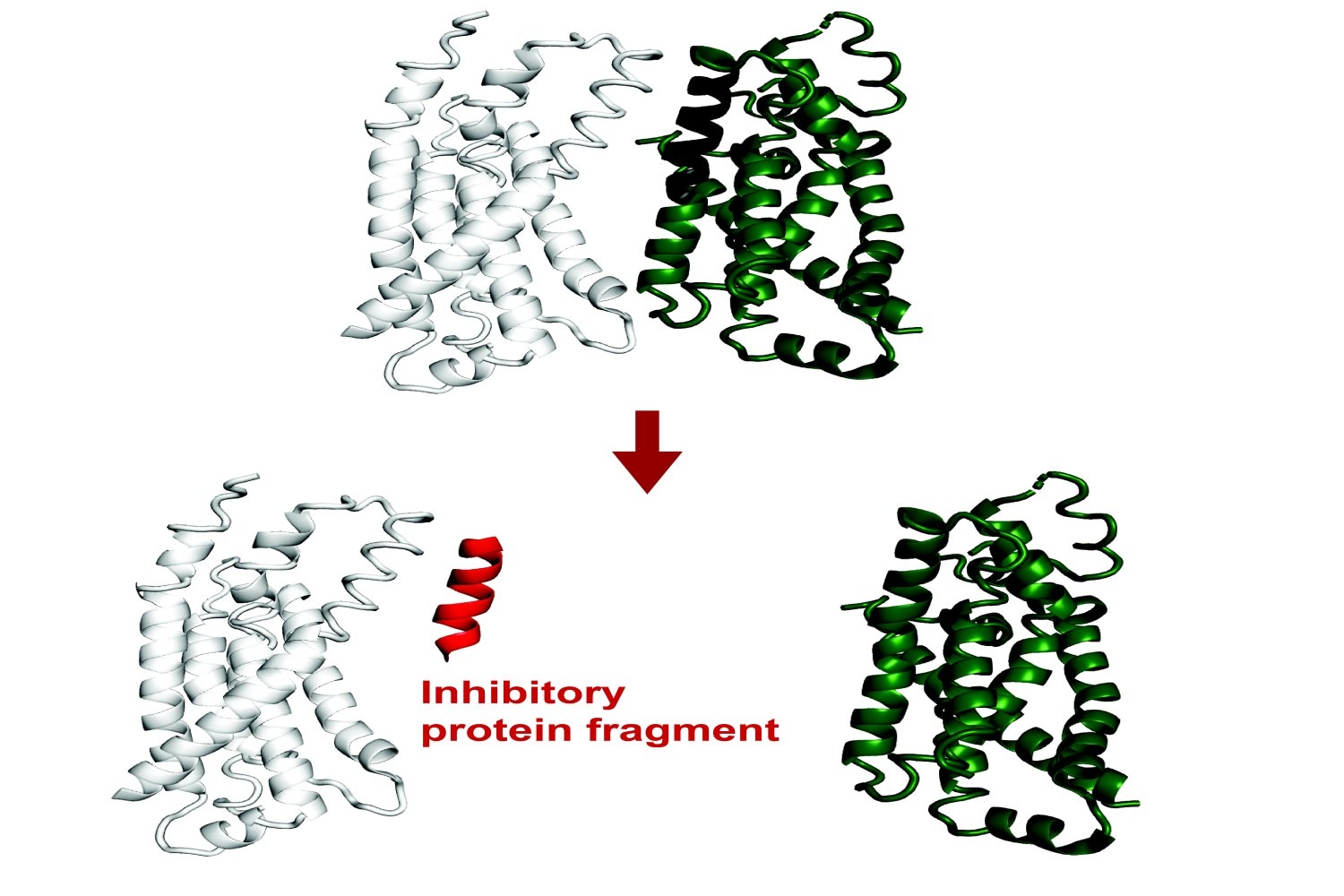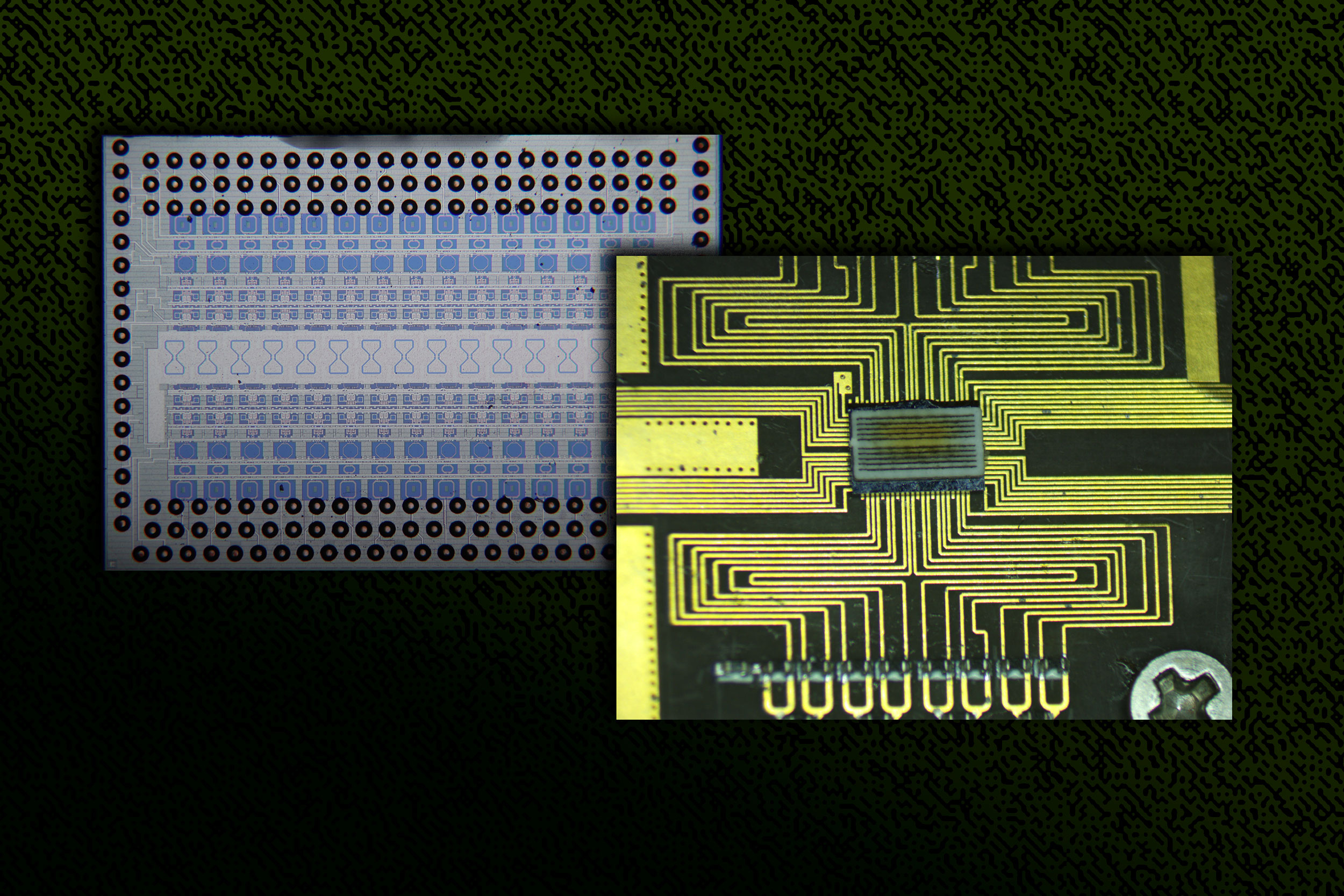Why new qubit may give ultrafast quantum computing a boost
Microsoft discovery appears to be more stable, robust option
Harvard Gazette
• harvard
March 5, 2025 • ~15 min
March 5, 2025 • ~15 min
Exploring superconducting electrons in twisted graphene
Could up the game of lossless power transmission, levitating trains, quantum computing, even energy-efficient detectors for space exploration
Harvard Gazette
• harvard
March 3, 2025 • ~6 min
March 3, 2025 • ~6 min
Collaborating to advance research and innovation on essential chips for AI
Agreement between MIT Microsystems Technology Laboratories and GlobalFoundries aims to deliver power efficiencies for data centers and ultra-low power consumption for intelligent devices at the edge.
Microsystems Technology Laboratories •
mit
Feb. 28, 2025 • ~4 min
Feb. 28, 2025 • ~4 min
/
211

